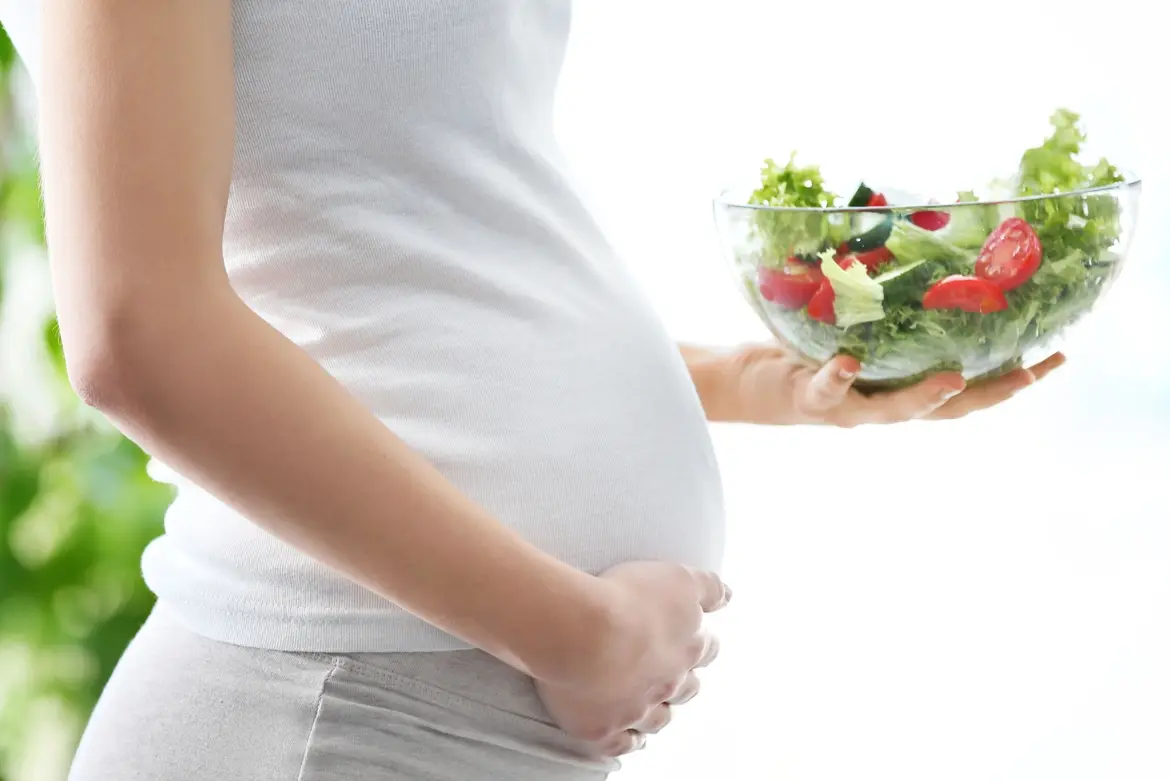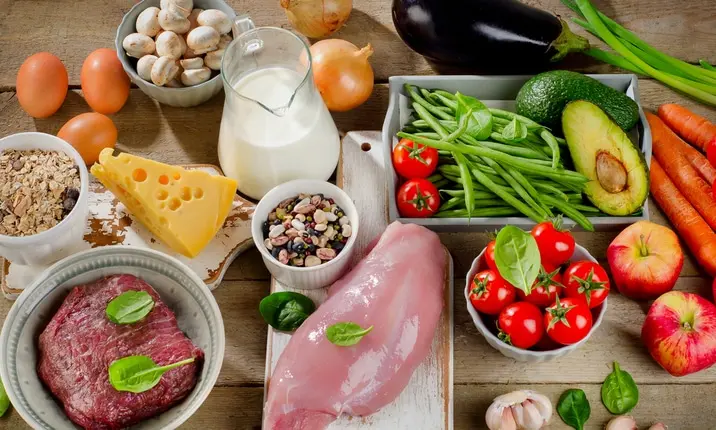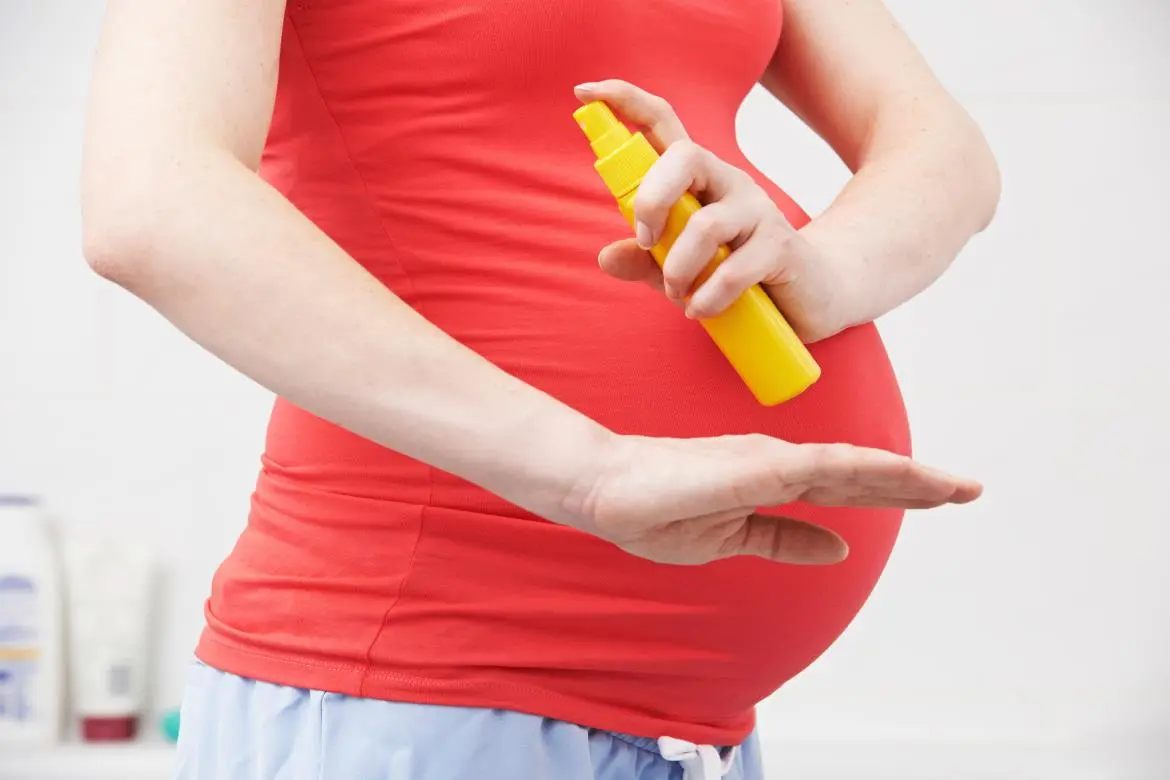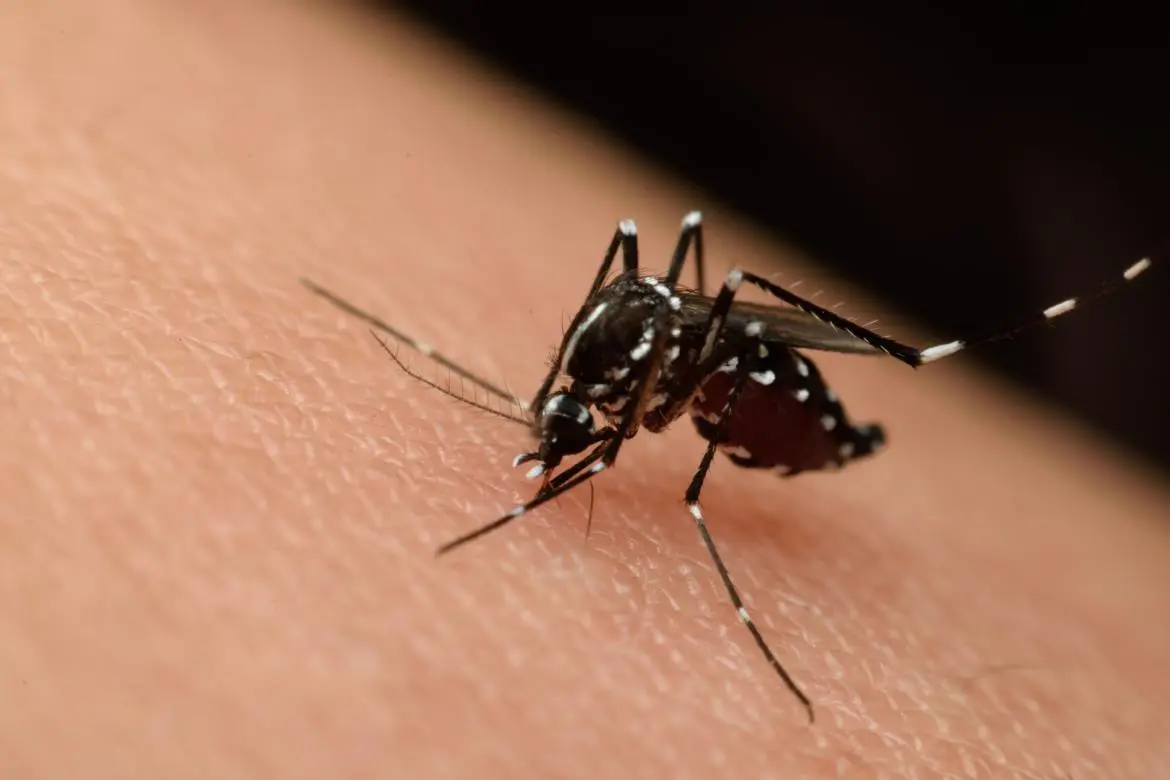Good nutrition is essential during pregnancy to help your baby develop properly. The need for specific nutrients such as iron and folate increases when you are pregnant. Therefore, it is important to consume a wide variety of fruits, vegetables and grains to help meet your body's requirements.
If you're unsure of what to eat, always speak to a doctor or a dietitian.
The most important nutrients you need
If you are pregnant, you need a little more energy and protein to support your growing baby. Nutrients like iron, calcium, folate, vitamin A and DHA (an omega-3 fatty acid) all contribute to your baby's bone, brain and eye development, and the right amounts can also help to prevent certain birth defects such as spina bifida.
To ensure a healthy pregnancy diet:
- Include a range of fruits, vegetables, wholegrain breads and cereals
- Have at least 2 servings of lean meat, skinless poultry, fish, legumes, nuts or eggs a day (1 serving is equivalent to 90g meat/fish/poultry, 120g pulses or legumes, or 170g soft bean curd)
- Have at least one serving of dairy products a day (1 serving is equivalent to 2 glasses of low-fat milk or yoghurt)
- Limit foods that are high in fat, salt and sugar
Enjoying a varied and healthy diet
If you are considering taking supplements, seek your doctor or dietitian's advice first.
Don't forget to include some moderate physical activity such as walking. Keeping fit during pregnancy can help to improve your stamina and prepare you for the physical demands of motherhood. You can also gain much-needed vitamin D by going outside for at least 15 minutes a day.
If you are concerned about your diet, speak to a dietitian who can guide you on your food choices to support a healthy pregnancy.













